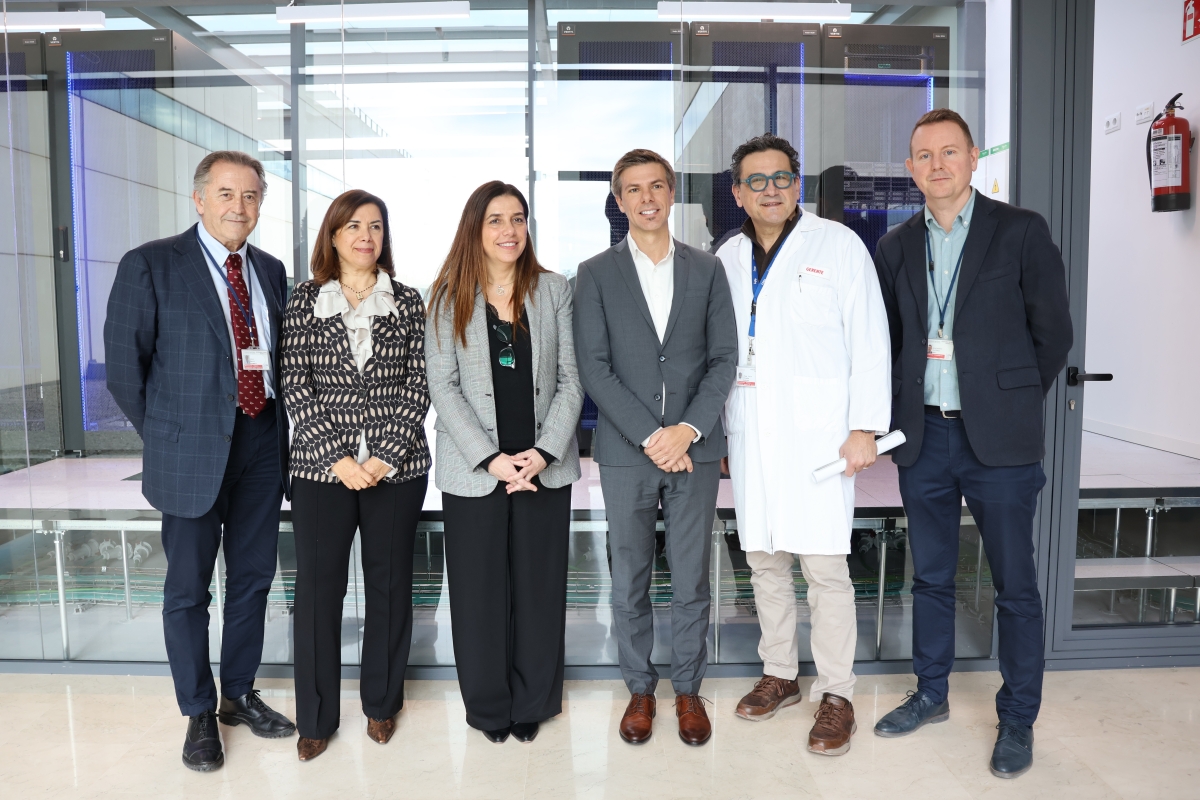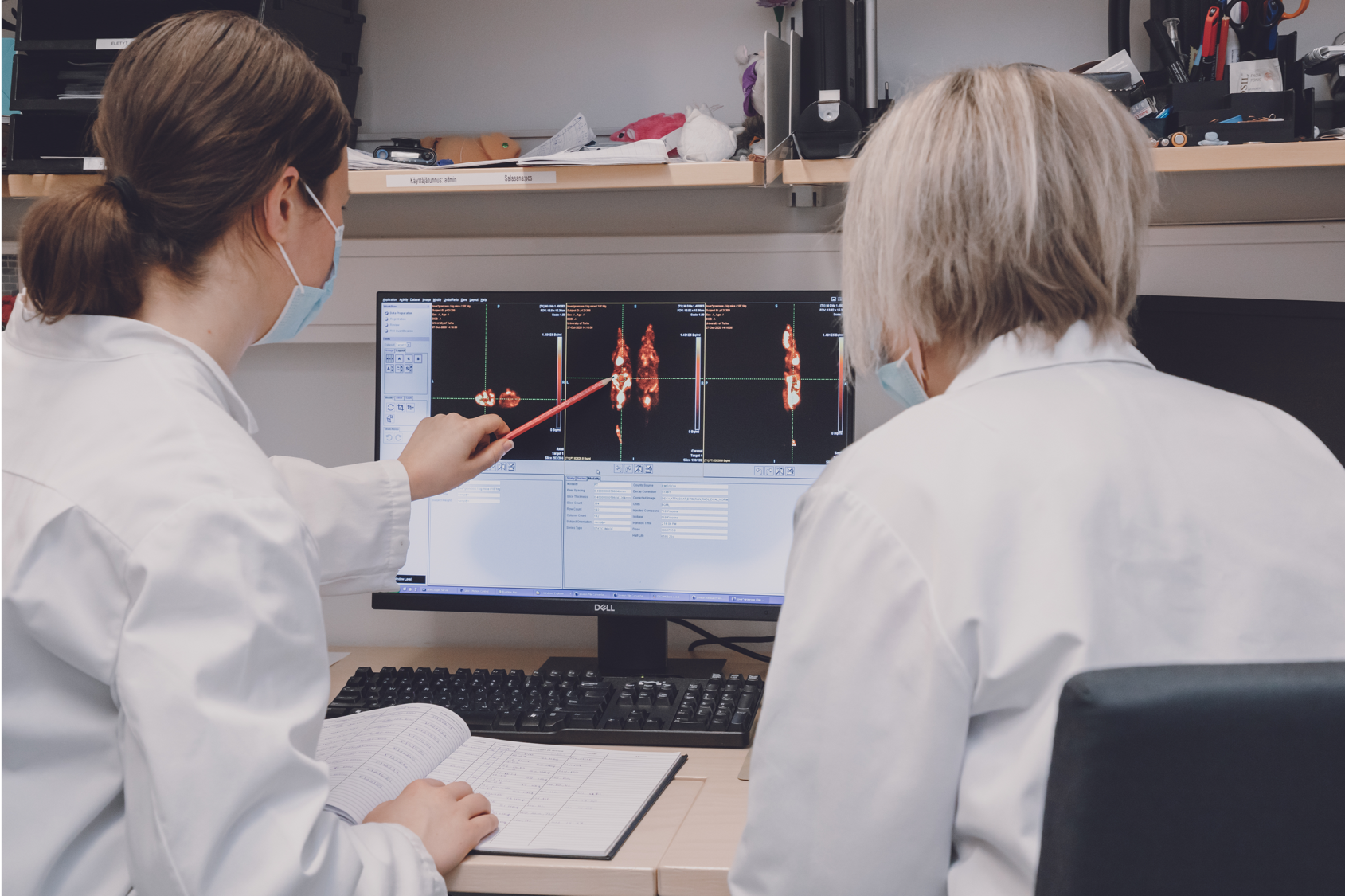
February 13, 2026
Euro-BioImaging at 3C-CoDash Hackathon
Bugra Oezdemir, our image data tools specialist from the Euro-BioImaging Bio-Hub team, had the pleasure of co-leading a session at the Data Science 3C-CoDash…
Euro-BioImaging is organizing an online User Forum on April 5, 2022, from 14:00-17:00 CEST. This event will highlight the importance of cutting-edge imaging technologies in support of brain research and showcase the specific expertise available at our Nodes across Europe through case studies presented in tandem with the research community.
In this brief abstract, learn how Lisa De Santi, Fondazione Toscana G. Monasterio worked with a large series of images from the Molecular Imaging Italian Node to show how Deep Learning models can support clinicians’ decision with objective and accurate diagnostic tools in the case of Alzheimer’s Disease.
Hear this talk and others like it on April 5 at the Euro-BioImaging User Forum: At the Forefront of Neuroscience.
3D BRAIN 18F-[FDG] PET SEGMENTATION AND CLASSIFICATION FOR DIAGNOSIS OF ALZHEIMER’S DISEASE USING DEEP NEURAL NETWORK
Lisa De Santi, Fondazione Toscana G. Monasterio
Luca Menichetti, Molecular Imaging Italian Node
Alzheimer's disease (AD) is a neurodegenerative disorder and the most common form of dementia. Nowadays AD is diagnosed via clinical evaluation and neuropsychological tests; however clinical tests show several limitations for early-detection and in objectivity of the final diagnosis. Mild Cognitive Impairment represents a transitional condition between normal aging and early-dementia, but its detection is challenging. Neuroimaging examinations offer powerful tools to detect and monitor disease progression, in particular, 18F-FDG PET can highlight hypometabolic patterns in brain glucose metabolism typical of AD.
Deep Learning (DL) has been showing remarkable performance for a large variety of Medical Imaging applications. The aim of this study is to develop DL models to support clinicians’ decision with objective and accurate diagnostic tools following two different strategies: image segmentation and image classification.
The used dataset consisted of 101 3D brain 18F-FDG PET images, acquired at the MMMI Italian Node (FTGM). For segmentation, we employed DL techniques to automatically identify diagnostic regions, as a support for more objective and potentially more accurate diagnosis reducing the variability and subjectivity problems. Manual segmentation was performed by an expert nuclear physician to obtain the ground truth, identifying six regions: the right and left temporal lobes; right and left frontal lobes; right and left parietal lobe. U-Net3D and V-Net network architectures were used, appropriately tuned to our data to optimize the performance.
For the classification task, we developed and tested a 3D Convolutional Neural Network (CNN) which classifies volumetric PET scans into its final clinical diagnosis. The CNN was preliminary trained on a 2552 scans database from the Alzheimer’s Disease Neuroimaging Initiative, to be later applied by transfer learning to MMMI data. To justify the decision returned by CNN we implemented an Explainable Artificial Intelligence algorithm able to generate heatmaps highlighting the most important voxel for classification returned. Finally, we registered the heatmaps with an Anatomic Atlas to match visual explanations with the corresponding anatomical regions.
Results collected in the Test set for both methods showed promising performance, with a DICE score of 81% for image segmentation and an accuracy of 85%, for classification, respectively. The results confirm the high potential of DL applications in Neuroimaging.

February 13, 2026
Bugra Oezdemir, our image data tools specialist from the Euro-BioImaging Bio-Hub team, had the pleasure of co-leading a session at the Data Science 3C-CoDash…

February 12, 2026
The IIS La Fe (Instituto de Investigación Sanitaria La Fe) in Valencia, hosting the Euro-BioImaging Radiology and Medical Imaging Valencia Node, has inaugurated…

February 11, 2026
Today is the International Day of Women and Girls in Science. And tomorrow. And the day after that. The images below show our everyday.